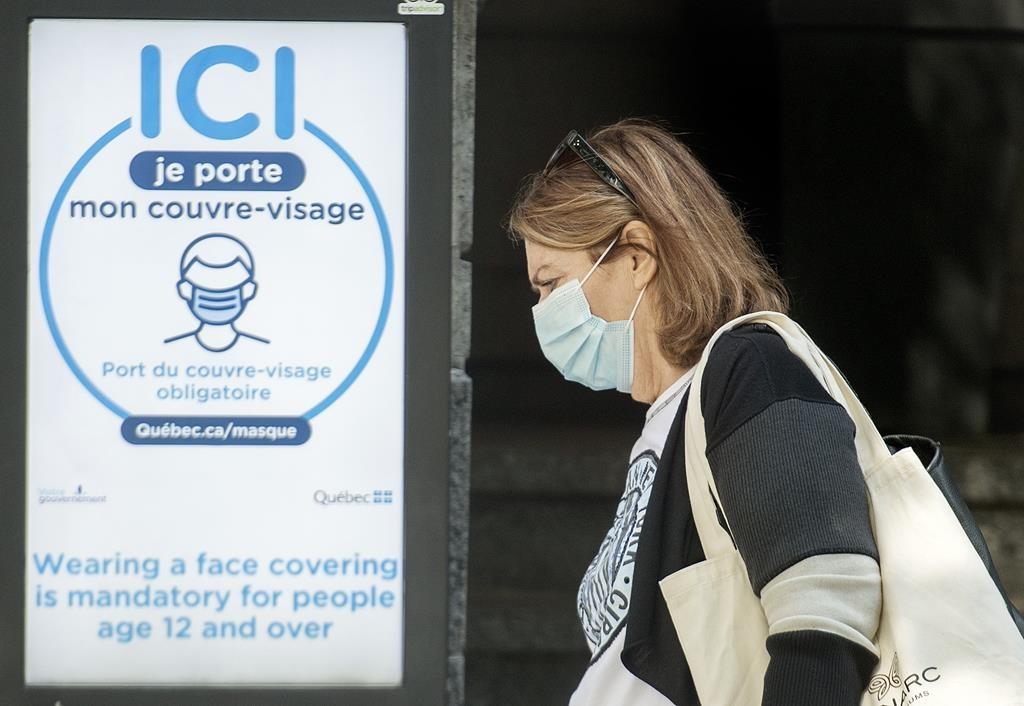After a Clemson University student was brought before an ethics board based on an anonymous report alleging that she wasn’t wearing a mask, the student is now questioning the due process of the mask enforcement policy at the South Carolina university.
Clemson University had implemented an ethics hotline, an Office of Community and Ethical Standards board (OCES), and restrictive building access based on weekly PCR test results.





